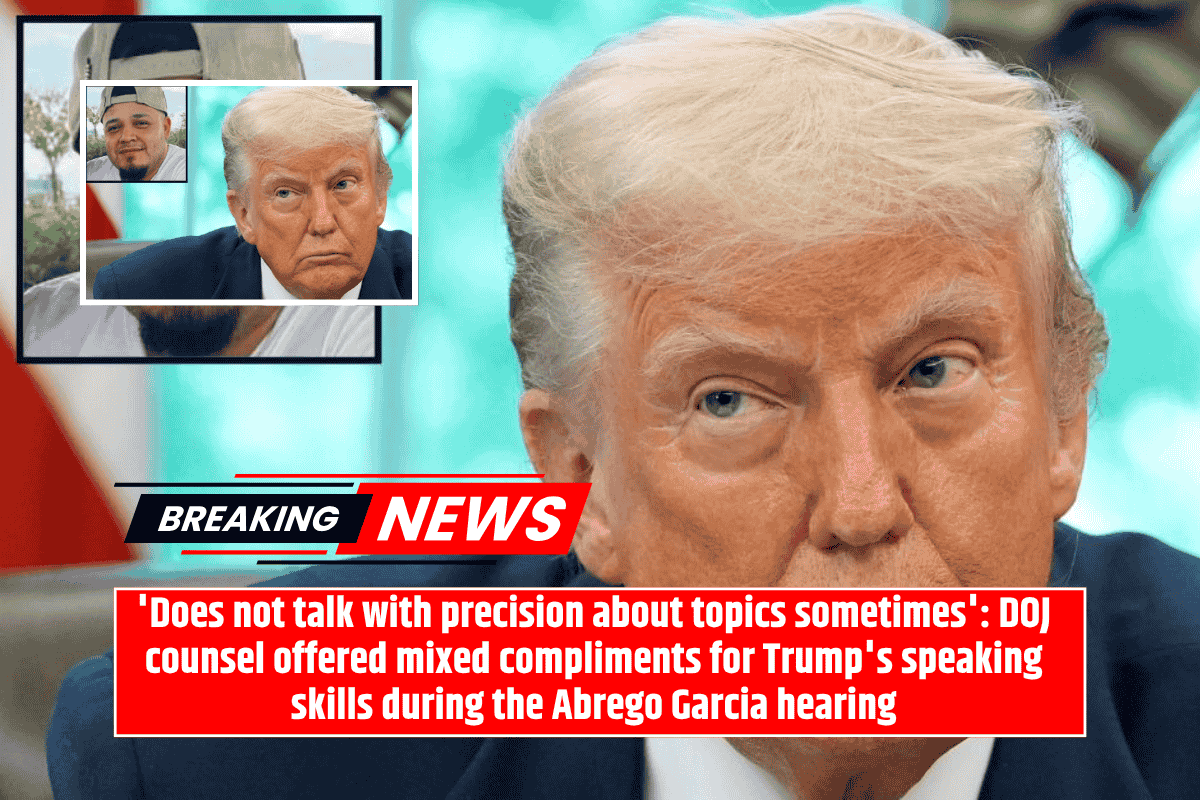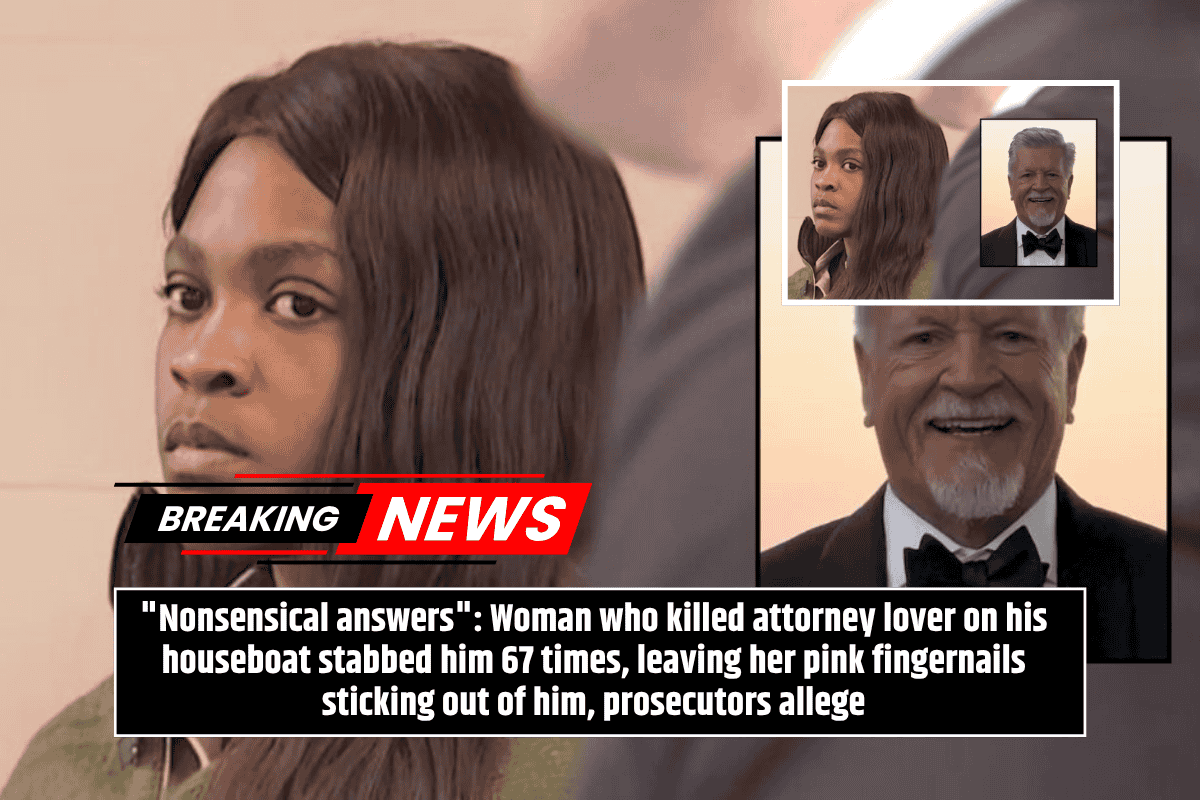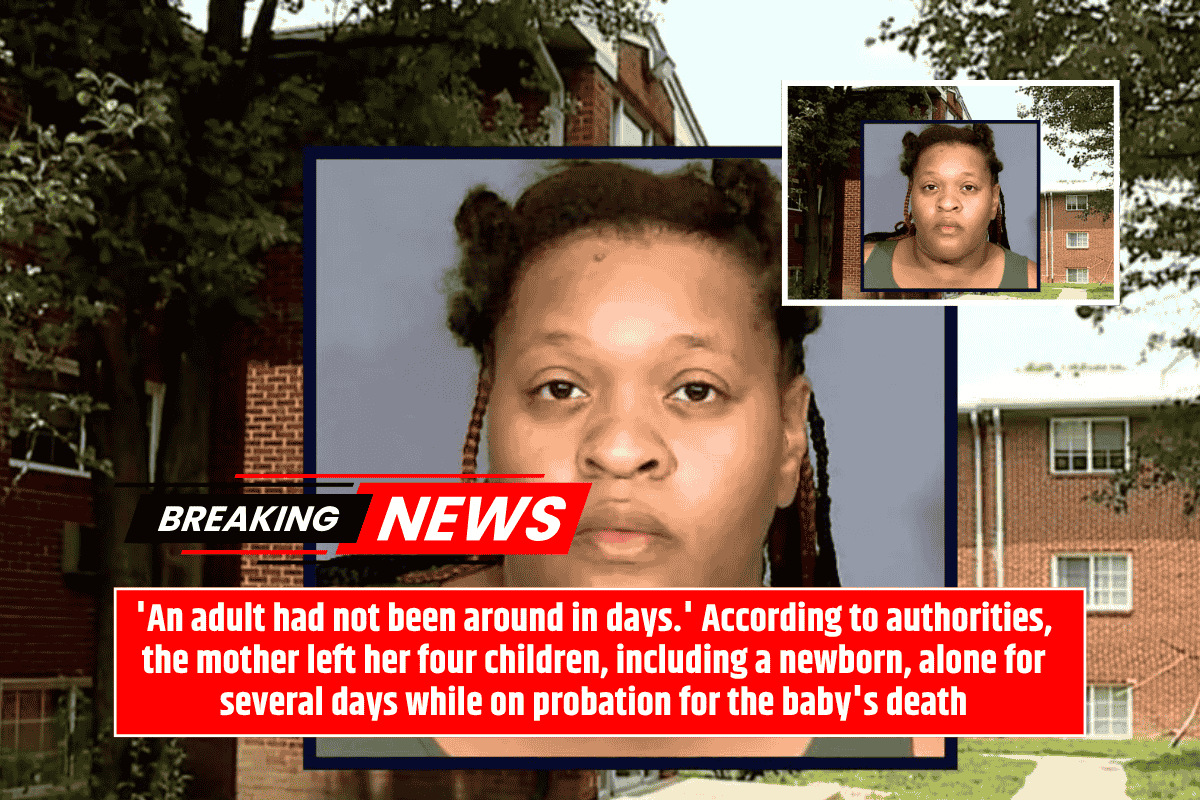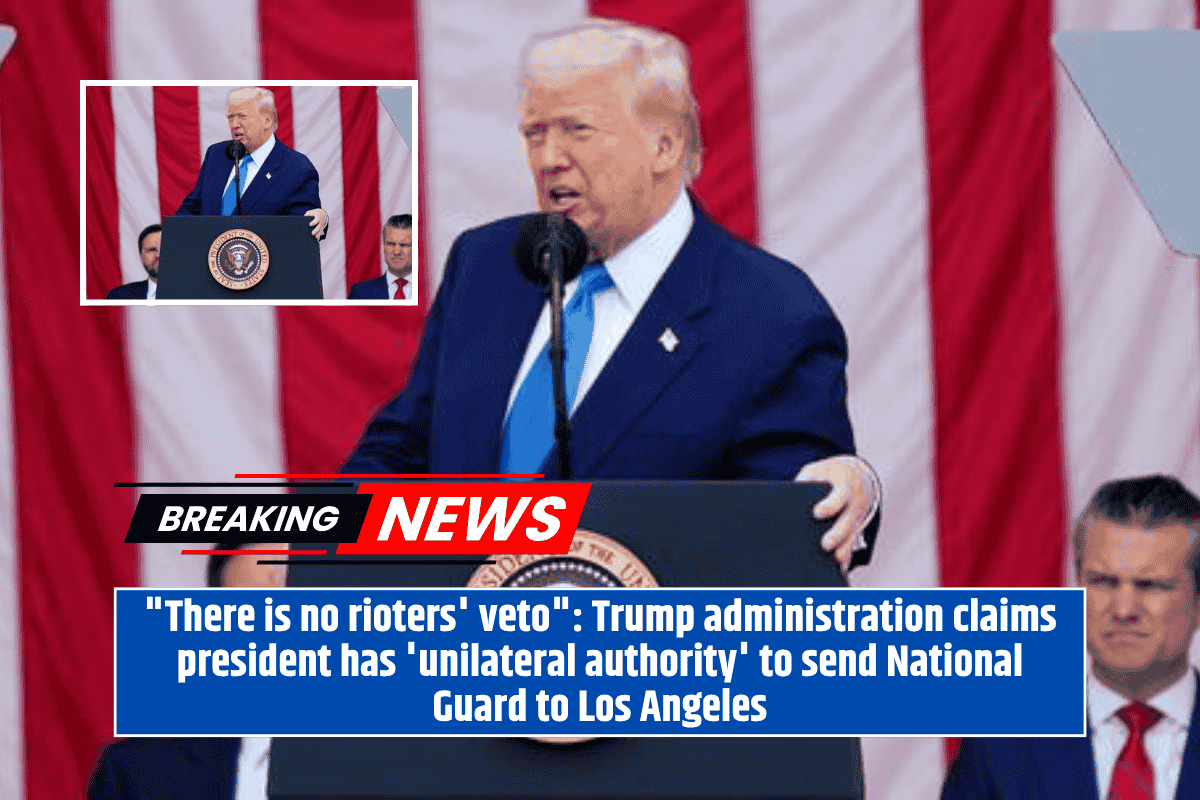A recently released transcript from a U.S. Department of Justice (DOJ) hearing sheds light on some interesting remarks about President Donald Trump’s communication style. The comments were made by DOJ attorney Jonathan Guynn during a discussion about the controversial case of Kilmar Abrego Garcia, a Maryland man involved in legal battles about his return to the U.S. from El Salvador.
The transcript, released in a redacted form by U.S. District Judge Paula Xinis, reveals a complicated legal situation and shows how the president’s words played a significant role in shaping the ongoing court proceedings.
DOJ Attorney’s Praise and Criticism of Trump
In the transcript, Guynn spoke about Trump’s communication abilities, acknowledging that while the president is often an effective messenger, his statements sometimes lack precision. Guynn stated, “President Trump is you know, is a master messenger in many ways, but he also doesn’t speak with precision about things sometimes.”
He went on to suggest that Trump’s comments about Abrego Garcia might have been based on his recollection of past events rather than an accurate reflection of the current situation.
This statement came during a larger conversation regarding Trump’s ability to bring Garcia back to the U.S. from El Salvador. Until Garcia’s return earlier this month, U.S. government officials had maintained that they no longer controlled the situation and that it was up to officials in El Salvador. However, Trump’s interview with ABC News seemed to contradict this stance, leading to confusion in the courtrooms.
Trump’s Controversial Interview and Its Impact
During an April 29 interview with ABC’s Terry Moran, Trump claimed that he could easily get Garcia back by simply picking up the phone and asking the Salvadoran president to return him. However, Trump added, “we have lawyers that don’t want to do this.”
This comment raised concerns and skepticism, particularly in the legal community, as it directly contradicted the official government position that the U.S. had no control over Garcia’s case.
This statement was brought up in multiple hearings, including one just the day after the interview. Judge Xinis questioned the legitimacy of the government’s claim that it had no authority in the matter, especially after Trump’s public comments. Similarly, other judges, like U.S. District Judge James Boasberg, also raised concerns about the accuracy of the government’s stance and whether Trump’s words were truthful.
The Ongoing Legal Battle and Public Attention
The legal proceedings involving Abrego Garcia have captured significant public attention, with many legal experts and news outlets questioning the U.S. government’s actions in this case. Garcia’s lawyers have argued that the Trump administration’s refusal to comply with court orders to return him was a violation of legal protocols.
In fact, they are currently pushing for severe sanctions against the government for what they describe as “flagrant” violations of court orders related to Garcia’s case.
Despite the government’s position that Garcia’s removal to El Salvador was an “administrative error,” there has been little resolution in the case. The government’s continued resistance to providing updates or fulfilling court orders has only added to the tension surrounding the case. Garcia’s legal team argues that the delays and lack of transparency are indicative of deeper problems within the Trump administration’s handling of the matter.
The Abrego Garcia case is just one example of the numerous legal battles involving President Donald Trump and his administration. The situation highlights the complexities of legal interpretations and the challenges posed by presidential statements that may not always align with the official position of the government.
As the case continues, the public and the courts will likely be closely watching how the government navigates these contradictions and whether further legal actions will be taken in response to the perceived mishandling of the case.
















Leave a Reply